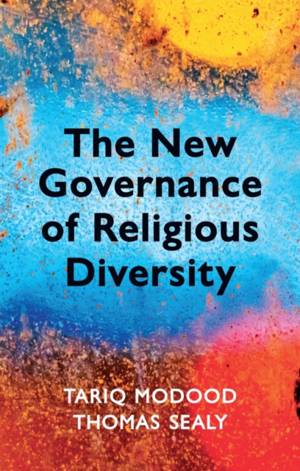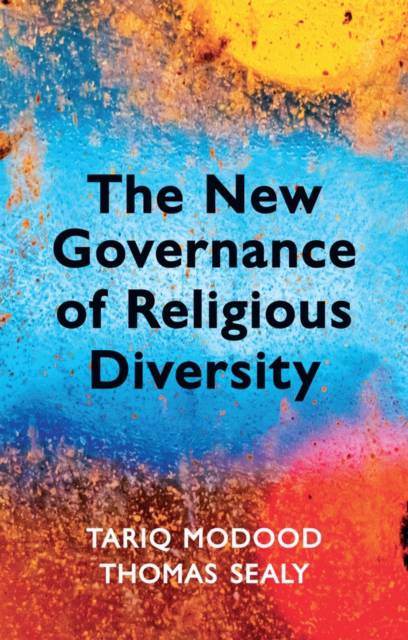
- Afhalen na 1 uur in een winkel met voorraad
- Gratis thuislevering in België vanaf € 30
- Ruim aanbod met 7 miljoen producten
- Afhalen na 1 uur in een winkel met voorraad
- Gratis thuislevering in België vanaf € 30
- Ruim aanbod met 7 miljoen producten
Zoeken
€ 88,95
+ 177 punten
Uitvoering
Omschrijving
Religious diversity is a key feature of countries across the world today, but it also presents governments with very real challenges. Controversies around religious free speech, symbols, social values and morals, and the role of faith leaders as critical voices, are just a few of the issues that have given rise to fierce social, political and scholarly debate. So how do states include and accommodate religious diversity and should this change? What are the key difficulties facing states when it comes to governing religious diversity?
Understanding this complex phenomenon means thinking through secularism, liberalism, multiculturalism and nationalism in theory and practice. In this new book, Tariq Modood and Thomas Sealy draw on original research to present new ways of analysing the governance of religious diversity in different regions of the world. Identifying the key challenges at stake, they also argue for a new statement of multiculturalism in relation to the governance of religious diversity, that of 'multiculturalised secularism', which represents a constructive and productive response to the reality of religiously plural societies.
Understanding this complex phenomenon means thinking through secularism, liberalism, multiculturalism and nationalism in theory and practice. In this new book, Tariq Modood and Thomas Sealy draw on original research to present new ways of analysing the governance of religious diversity in different regions of the world. Identifying the key challenges at stake, they also argue for a new statement of multiculturalism in relation to the governance of religious diversity, that of 'multiculturalised secularism', which represents a constructive and productive response to the reality of religiously plural societies.
Specificaties
Betrokkenen
- Auteur(s):
- Uitgeverij:
Inhoud
- Aantal bladzijden:
- 180
- Taal:
- Engels
Eigenschappen
- Productcode (EAN):
- 9780745653785
- Verschijningsdatum:
- 26/08/2024
- Uitvoering:
- Hardcover
- Formaat:
- Genaaid
- Afmetingen:
- 132 mm x 206 mm
- Gewicht:
- 385 g

Alleen bij Standaard Boekhandel
+ 177 punten op je klantenkaart van Standaard Boekhandel
Beoordelingen
We publiceren alleen reviews die voldoen aan de voorwaarden voor reviews. Bekijk onze voorwaarden voor reviews.











